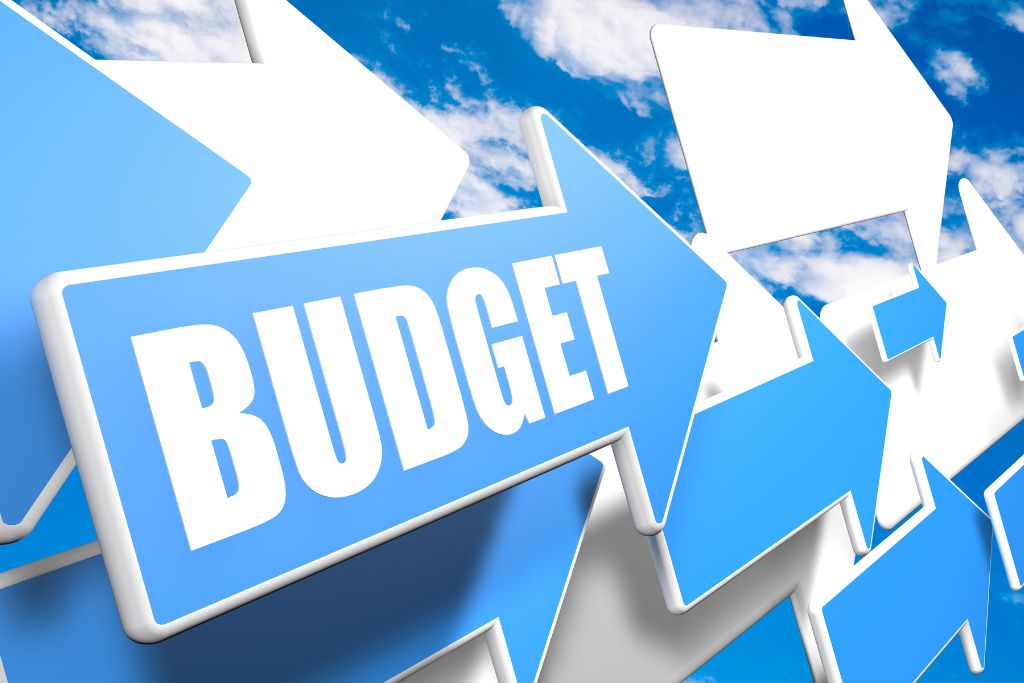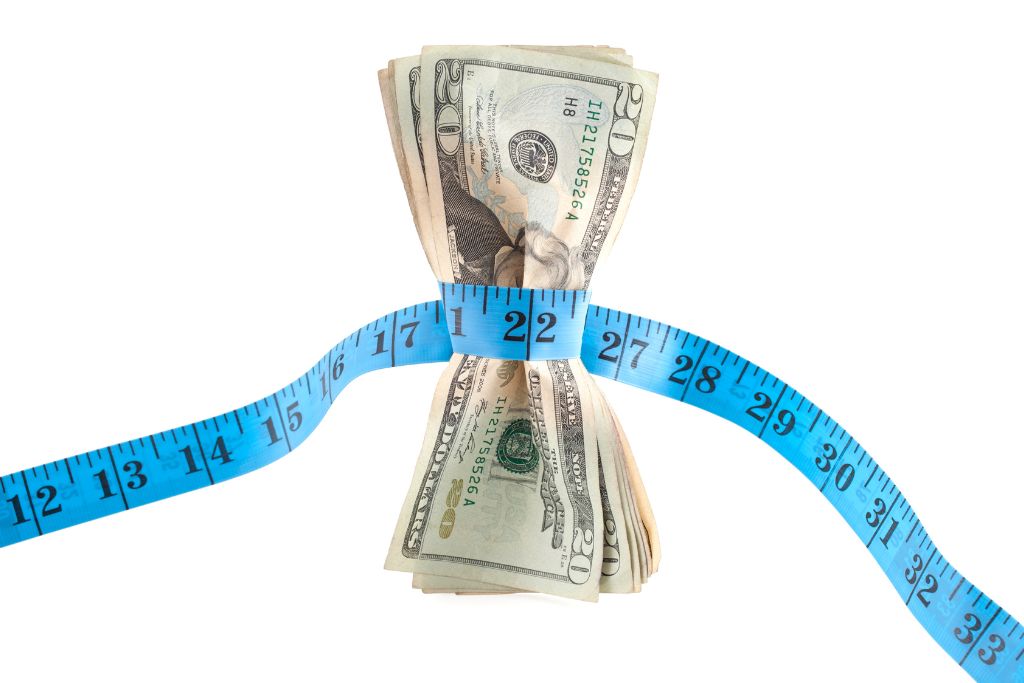When you’re trying to manage a tight budget, it’s important to make realistic goals. Begin by tracking your spending. You can do this with a pen and paper, spreadsheet, or free online spending tracker. You’ll need to identify fixed expenses (like rent or mortgage) and variable expenses (such as food and entertainment). Then, subtract your total monthly expenses from your total monthly income. When it comes to managing a tight budget, there are five simple ideas to follow. Here are five tips that can help you save money and manage your expenses:
Track Your Spending
Tracking your spending is a simple but vital part of managing your budget. It will give you insight into where your money is actually going, enabling you to take control of your finances and save or invest more.

There are a variety of ways to track your spending, ranging from using a free app to putting down expenses on a spreadsheet or writing it down in a notebook. However, the most effective method will depend on your personal preferences and habits.
Make a Spending Freeze
When it comes to managing a tight budget, a spending freeze can be an excellent option. The challenge is to stop buying things you don’t need for a certain period of time, such as a month or a year.

This can be an effective way to cut spending, and it can help you achieve other financial goals as well. Plus, it can offer emotional benefits as well!
Try a Budget System
A budget system can be a great way to track your spending and make sure you’re not wasting money on things that aren’t essential. It also can help you stick to your savings goals and build up an emergency fund.
This budgeting method divides your monthly income into three categories — needs, wants, and savings. It’s easy to follow, but it might not be a good fit for someone who isn’t disciplined when it comes to spending.

A zero-based budget works best for people who are able to keep track of every penny they spend and set aside money for savings and debt payments. You’ll need to track your checking account balance regularly and use a budgeting app or your bank’s online banking or mobile app to keep track of your transactions.
Shop Around
The best way to save big on your next home improvement project is to shop around before you buy. You’ll likely find better deals on things like flooring, cabinetry, and lighting than you would if you just bought it all at once. You’ll also have a better idea of how much you can expect to pay for the goods. The best part? You might be surprised at how little you actually have to spend. This may be the most important part of any new budgeting system. It’s an exercise in discipline that will pay off handsomely for years to come.

Make a Meal Plan
Planning your meals ahead of time will save you money and help you stick to healthy eating habits. It’s also an effective way to manage health conditions like diabetes and heart disease.
Start by preparing a list of meals you want to make during the week. Then, make a shopping list of ingredients you need.

If you can, plan your meals around the ingredients on sale at your grocery store that week. This will save you money and make it easier to shop on a budget.
Managing a tight budget can be challenging, but it’s important to make the most of your resources. One way to save money is by using E1ULife, a platform that offers several advantageous aspects for budget-conscious individuals. This informative article highlights some of the key benefits of E1ULife, such as its free and easy-to-use budgeting tools, personalized financial advice, and access to exclusive deals and discounts. By taking advantage of these features, you can effectively manage your finances and make the most of your budget. For more information on how E1ULife can help you save money and achieve your financial goals, check out this informative article.
